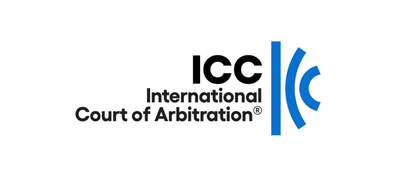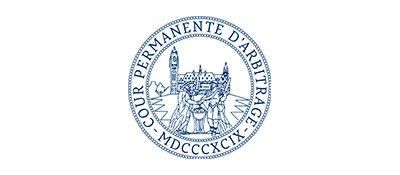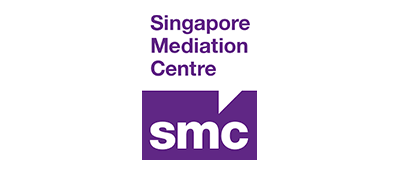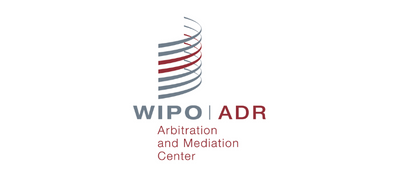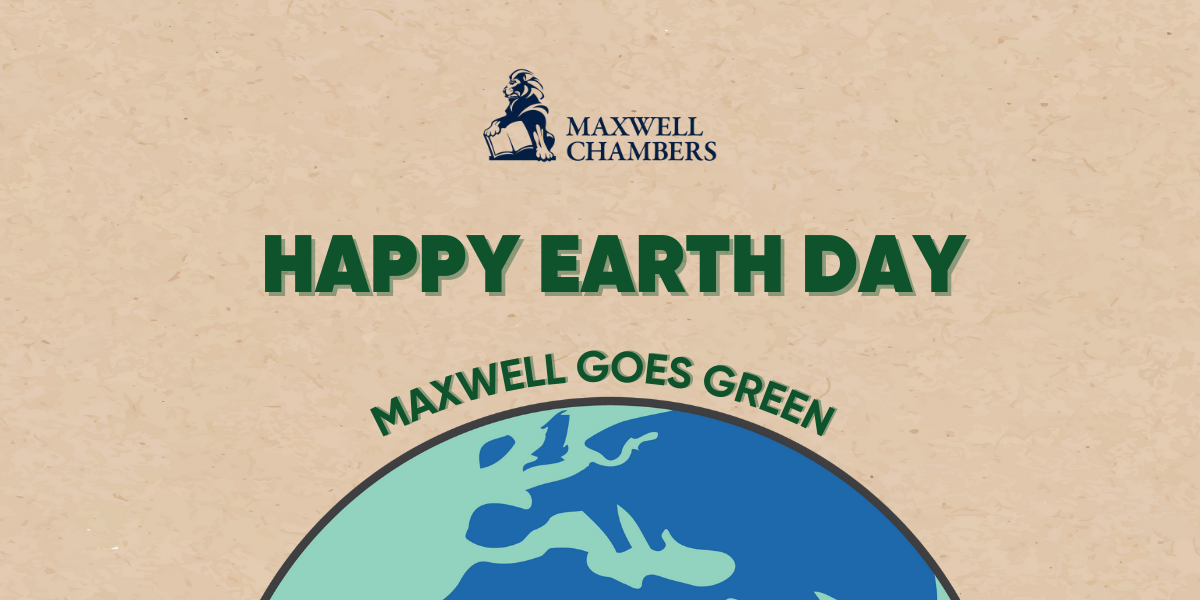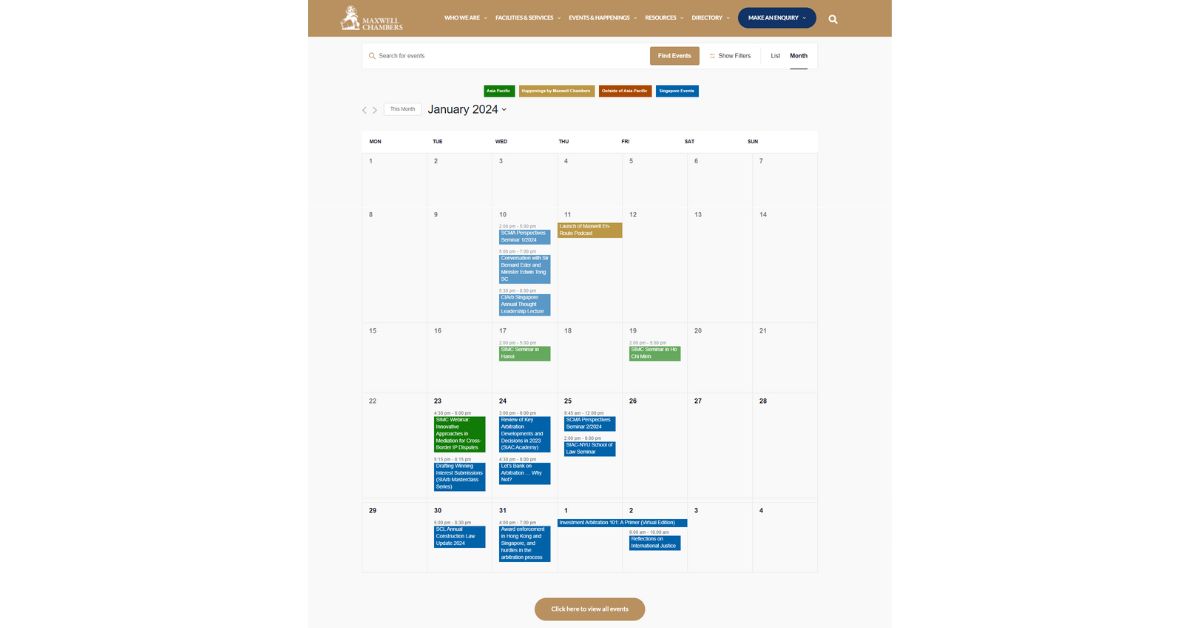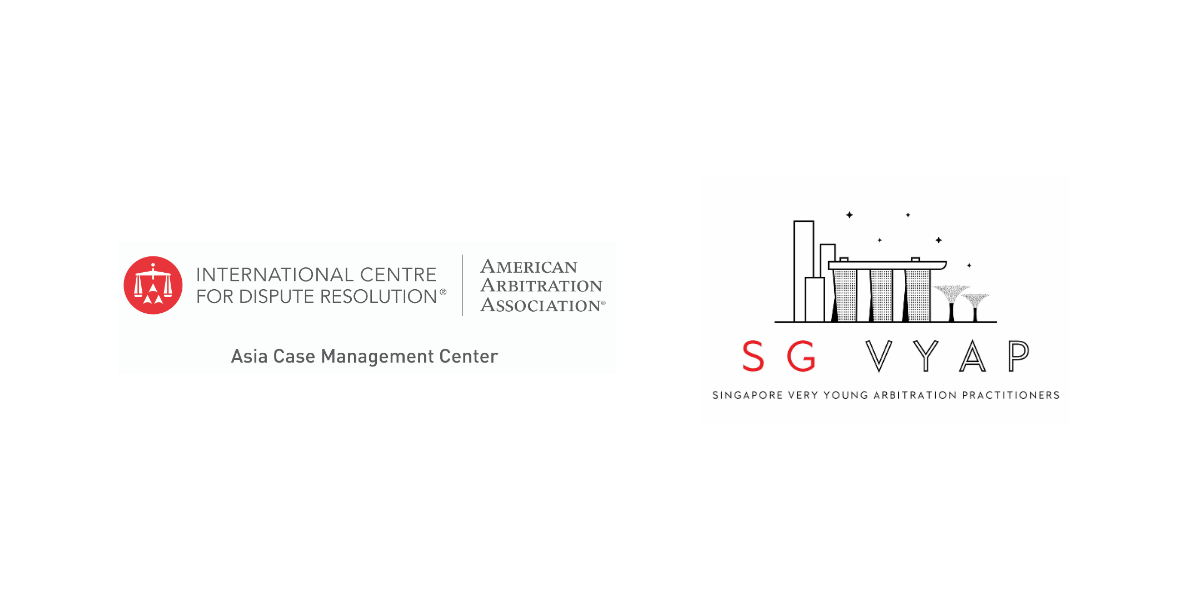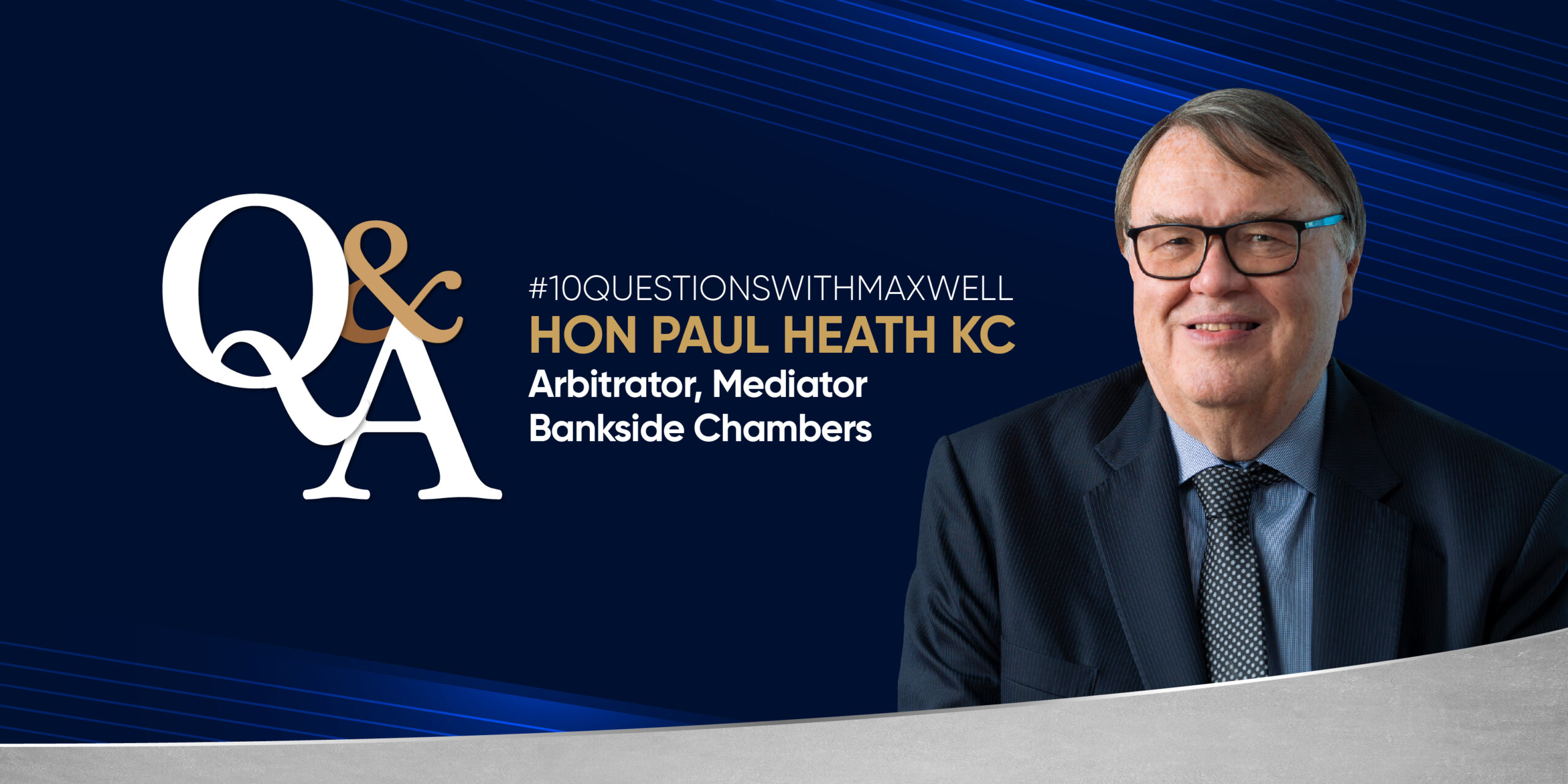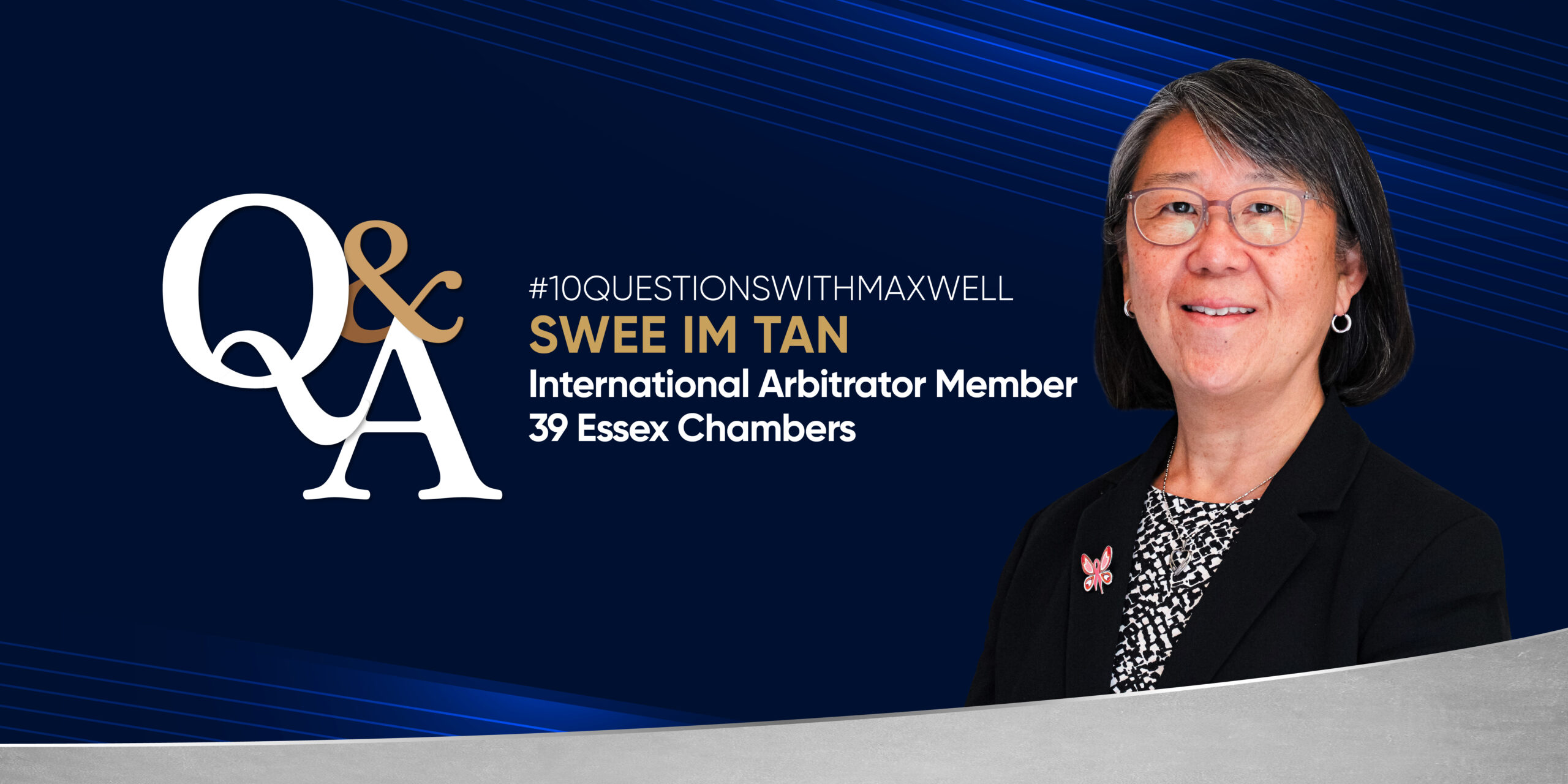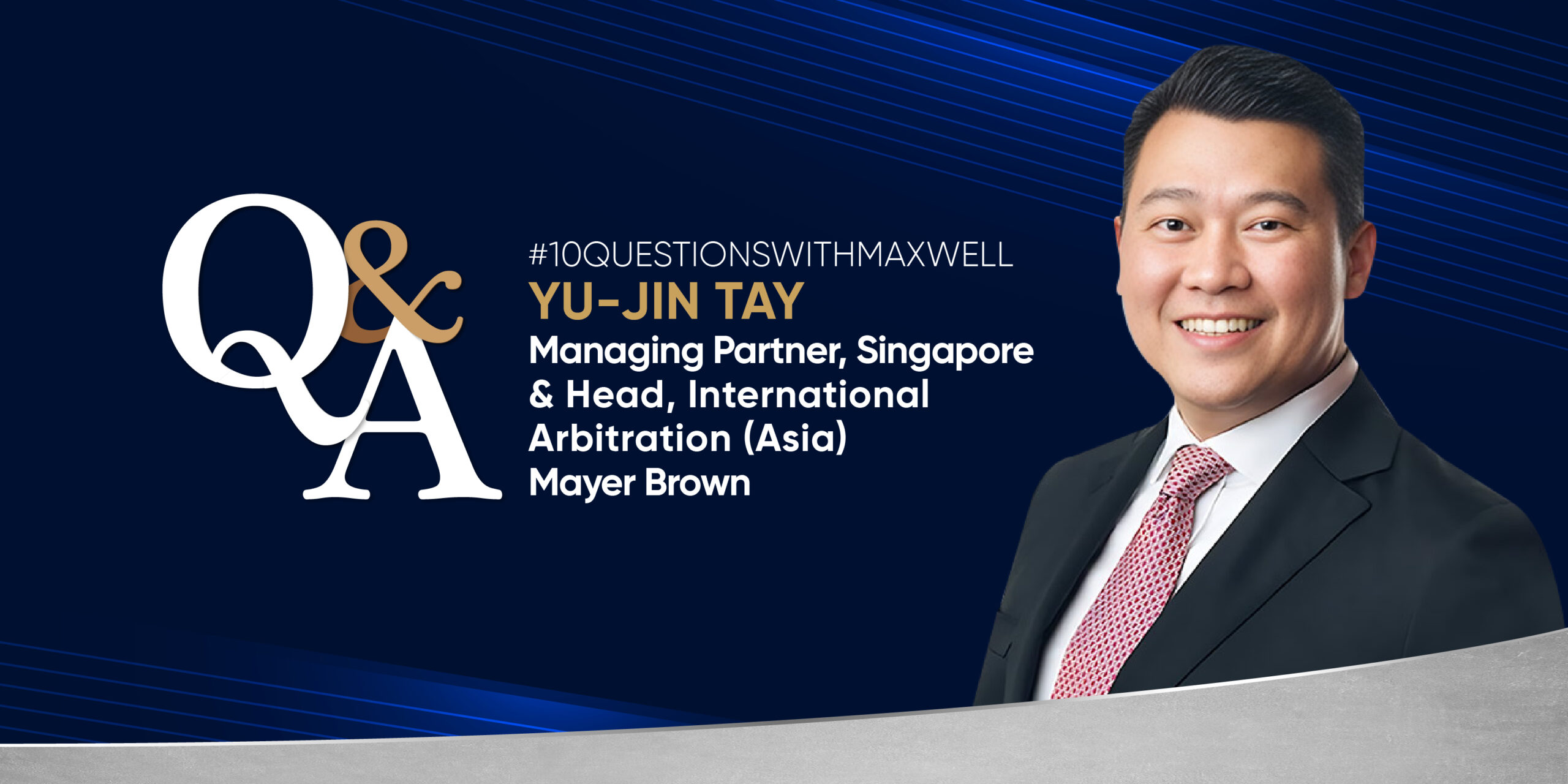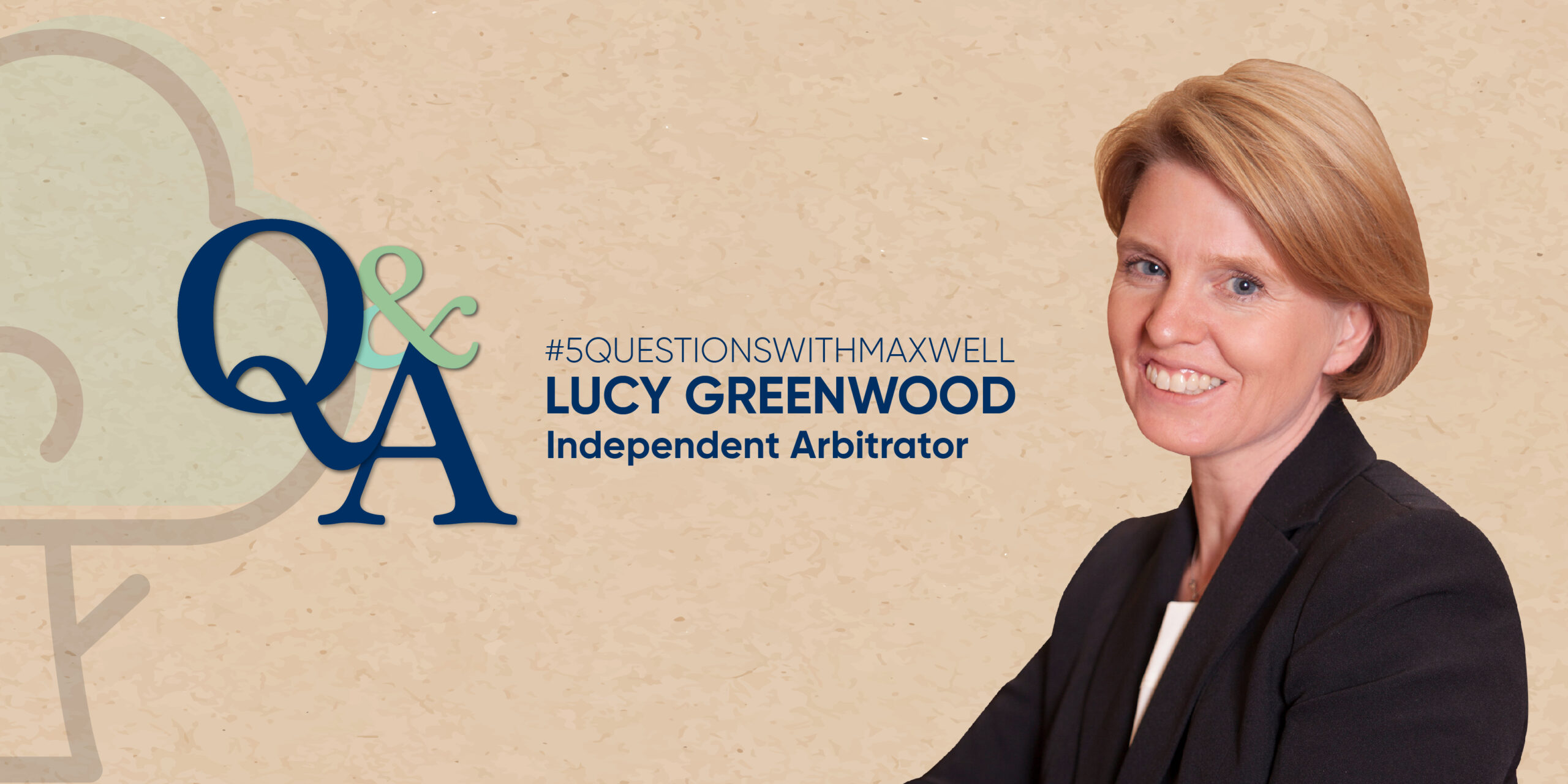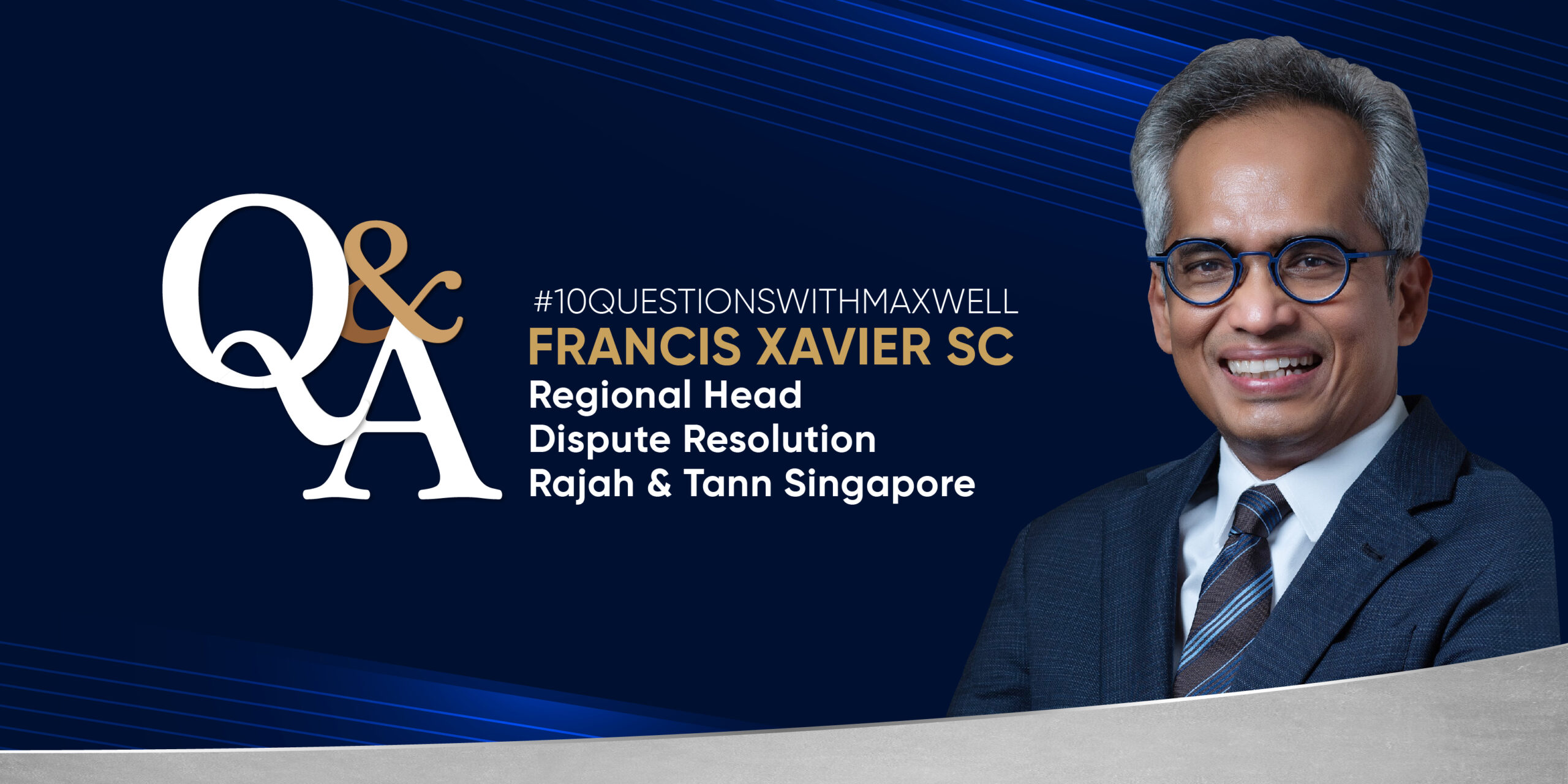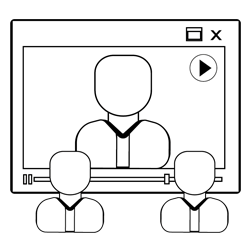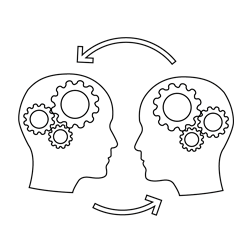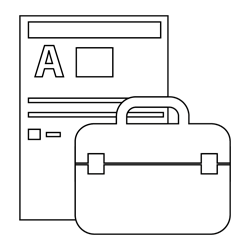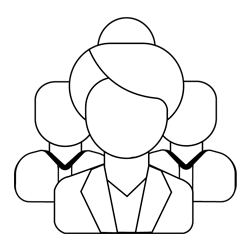The Preferred Dispute
Resolution Hub
Redefining Hearings | Engaging our ADR Community | Innovating Thought Leadership
Book your next hearing with Maxwell Chambers
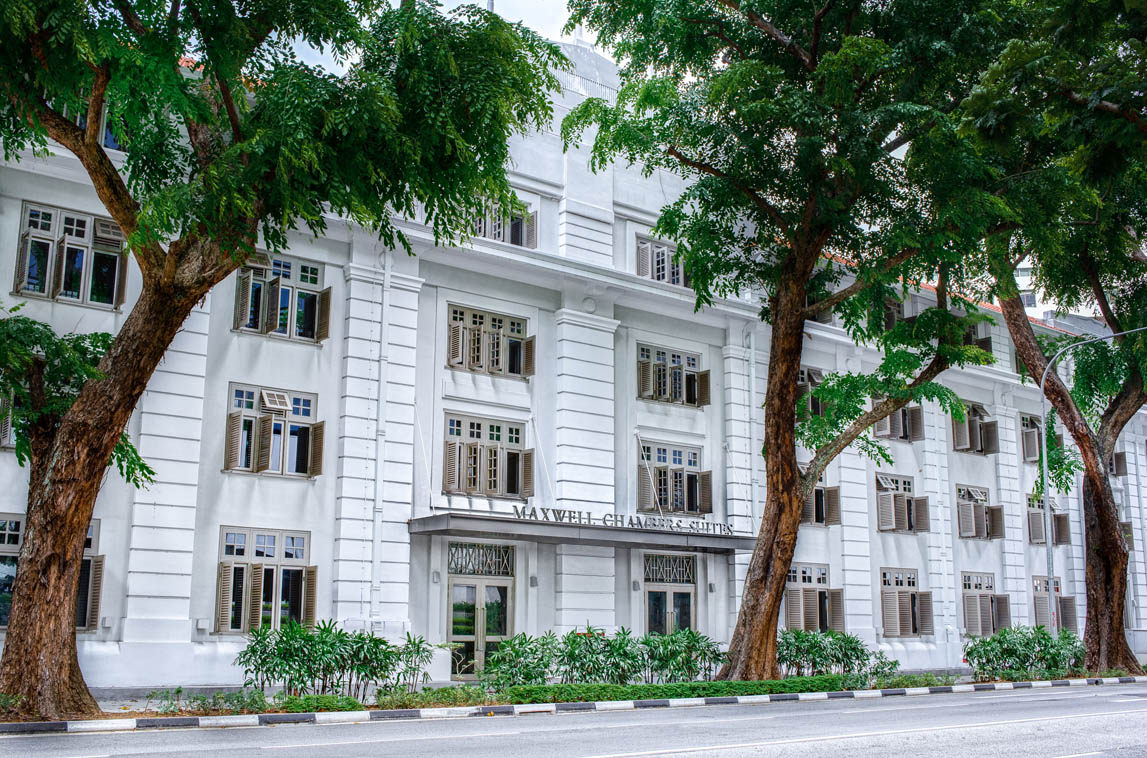
Top ADR INSTITUTIONS in Singapore
We are home to top international arbitral institutions providing world-class arbitration services, including SIAC, ICC, PCA, WIPO and ICDR-AAA.

PURPOSE-BUILT ROOMS
Acoustically-treated rooms with individually secured access for in-person and hybrid hearings.
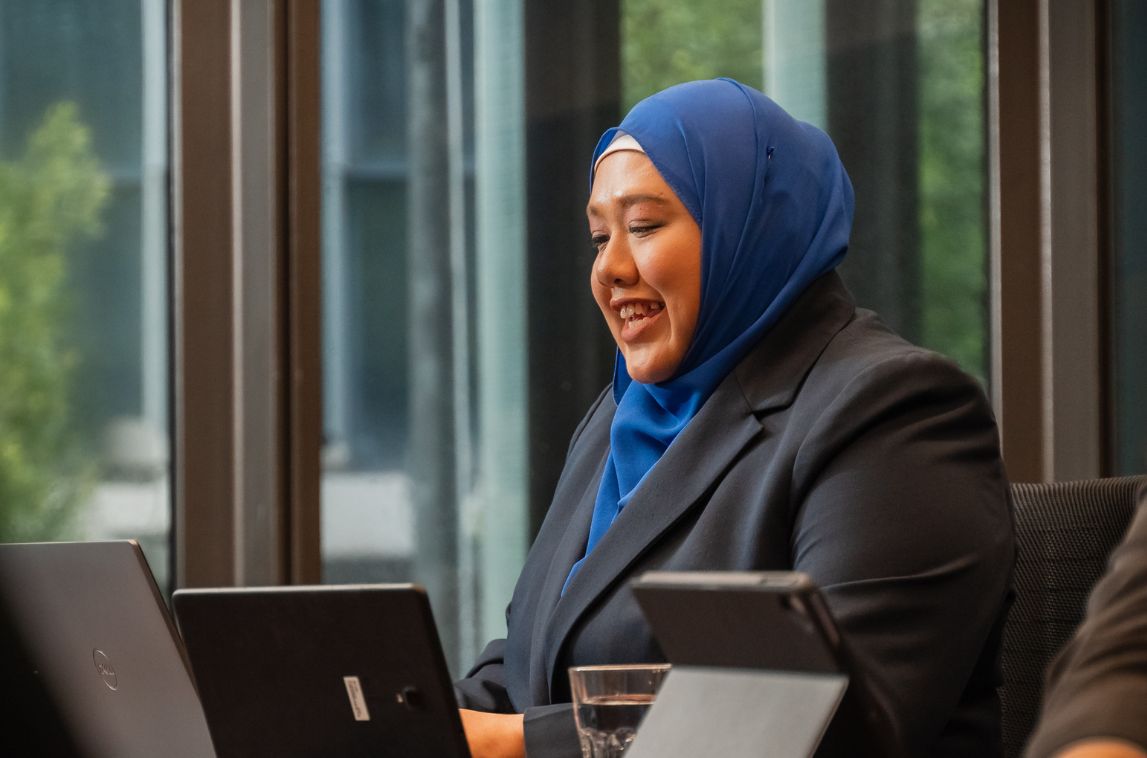
VIRTUAL AND HYBRID HEARINGS
Open 24/7, host your upcoming hearing with us. We provide virtual hearing moderator service and AV support for seamless proceedings.

One stop ADR Hub
Conduct effective and seamless hearings with a full suite of digital hearing solutions.
Anytime, Anywhere
We are reachable 24/7, across all time zones. Experience the highest level of excellence from your first enquiry.
Trusted Reference
Singapore is ranked as Asia Pacific’s most preferred arbitration hub with its arbitration and mediation-friendly legal system and modern infrastructure.
Latest Highlights
Maxwell Goes Green Textile Donation Drive
[Launch] Maxwell Onsite
[Launch] Maxwell Events Calendar
[Launch] Maxwell En-Route Podcast
[Recap] Makan With Maxwell | Level-Up with AI on 7 November 2023
ICCA 2024 Hong Kong Shenzhen Side Events
All you need to know about M&A disputes in India
The 2nd Global Innovation & Technology Summit
Corruption in International Arbitration
Fireside chat with Zia Mody
#5QuestionswithMaxwell Green Edition: Daisy Mallett
#5QuestionswithMaxwell Green Edition: Judith Gill KC
#5QuestionswithMaxwell Green Edition: Lucy Greenwood
Latest Highlights
Maxwell Goes Green Textile Donation Drive
[Launch] Maxwell Onsite
[Launch] Maxwell Events Calendar
[Launch] Maxwell En-Route Podcast
[Recap] Makan With Maxwell | Level-Up with AI on 7 November 2023
ICCA 2024 Hong Kong Shenzhen Side Events
All you need to know about M&A disputes in India
The 2nd Global Innovation & Technology Summit
Corruption in International Arbitration
Fireside chat with Zia Mody
What is Maxwell Chambers?

#5QuestionswithMaxwell Green Edition: Daisy Mallett
#5QuestionswithMaxwell Green Edition: Judith Gill KC
#5QuestionswithMaxwell Green Edition: Lucy Greenwood


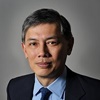

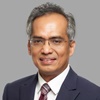





Our Partners

